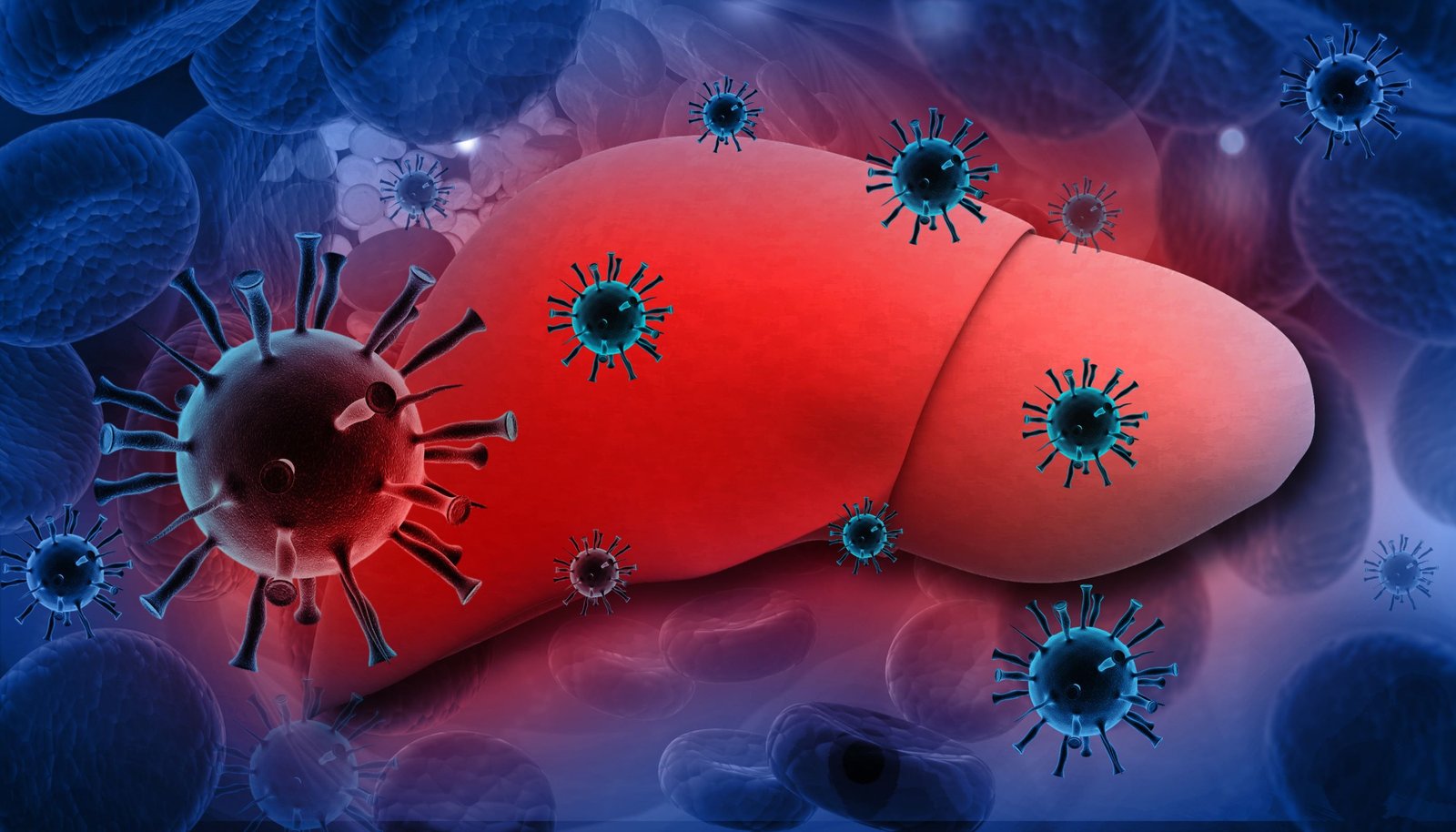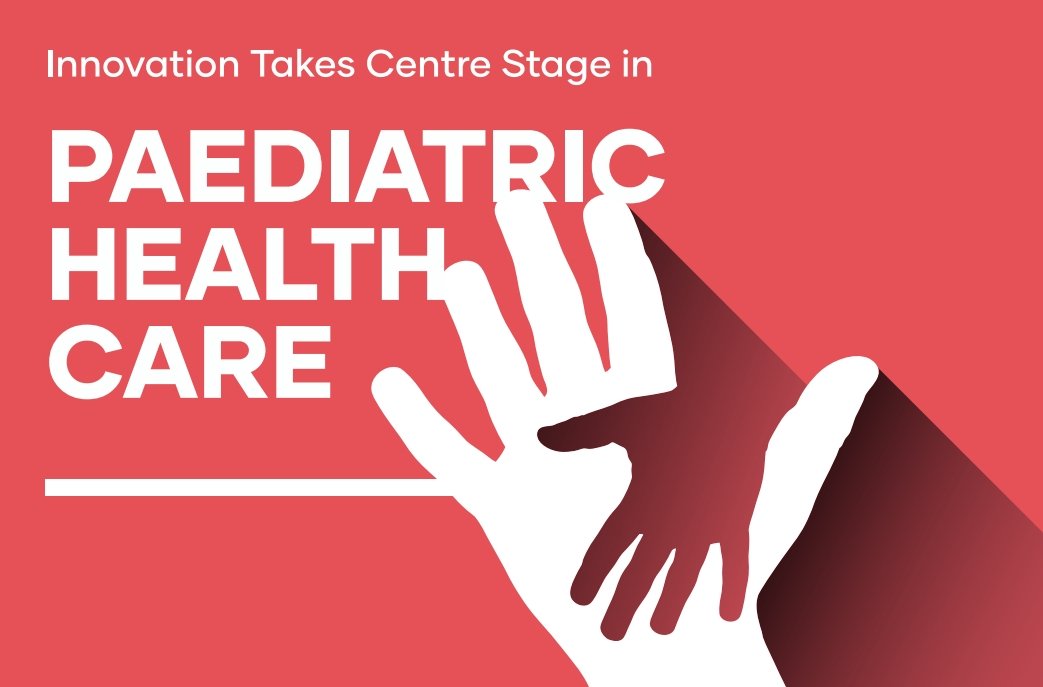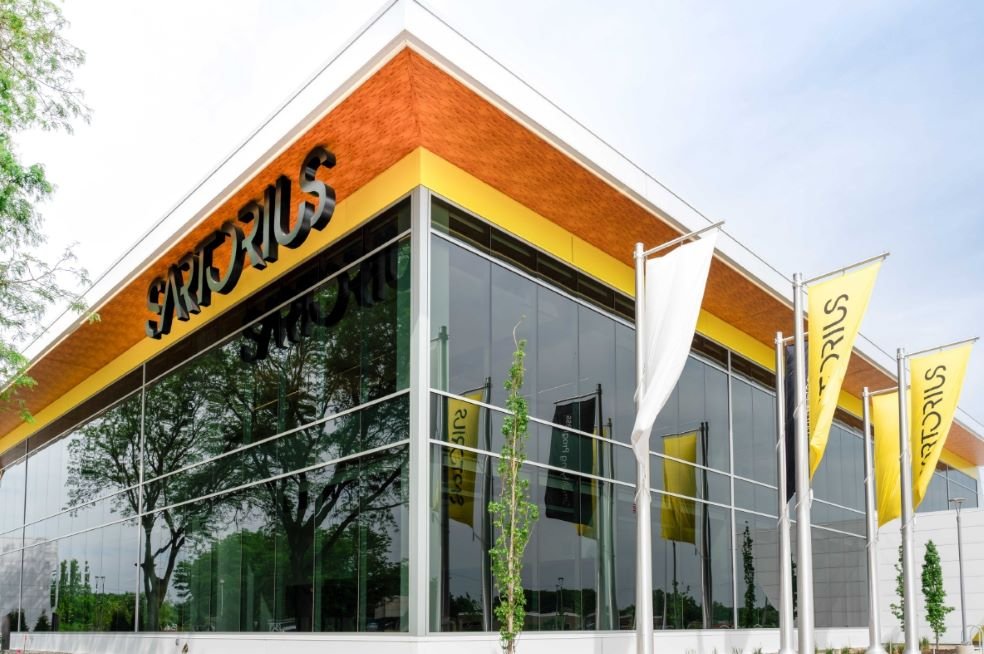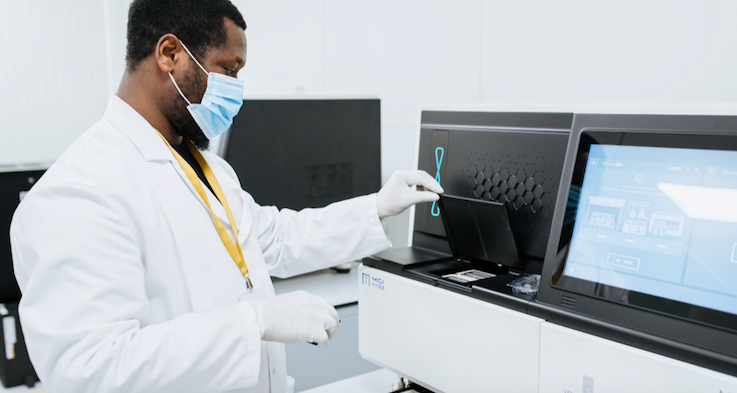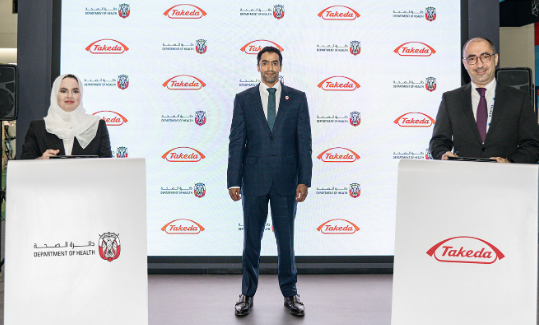Eppendorf SE Awards Dr. Clemens Plaschka the 2024 Young European Investigators Prize
02 July 2024 | News
For the 29th time, Eppendorf SE honors groundbreaking research in biomedical science, awarding Dr. Clemens Plaschka €20,000 for his pioneering work on mRNA mechanisms. Finalists Irma Querques and Phong Nguyen are also recognized for their significant contributions to genetic manipulation and heart regeneration.
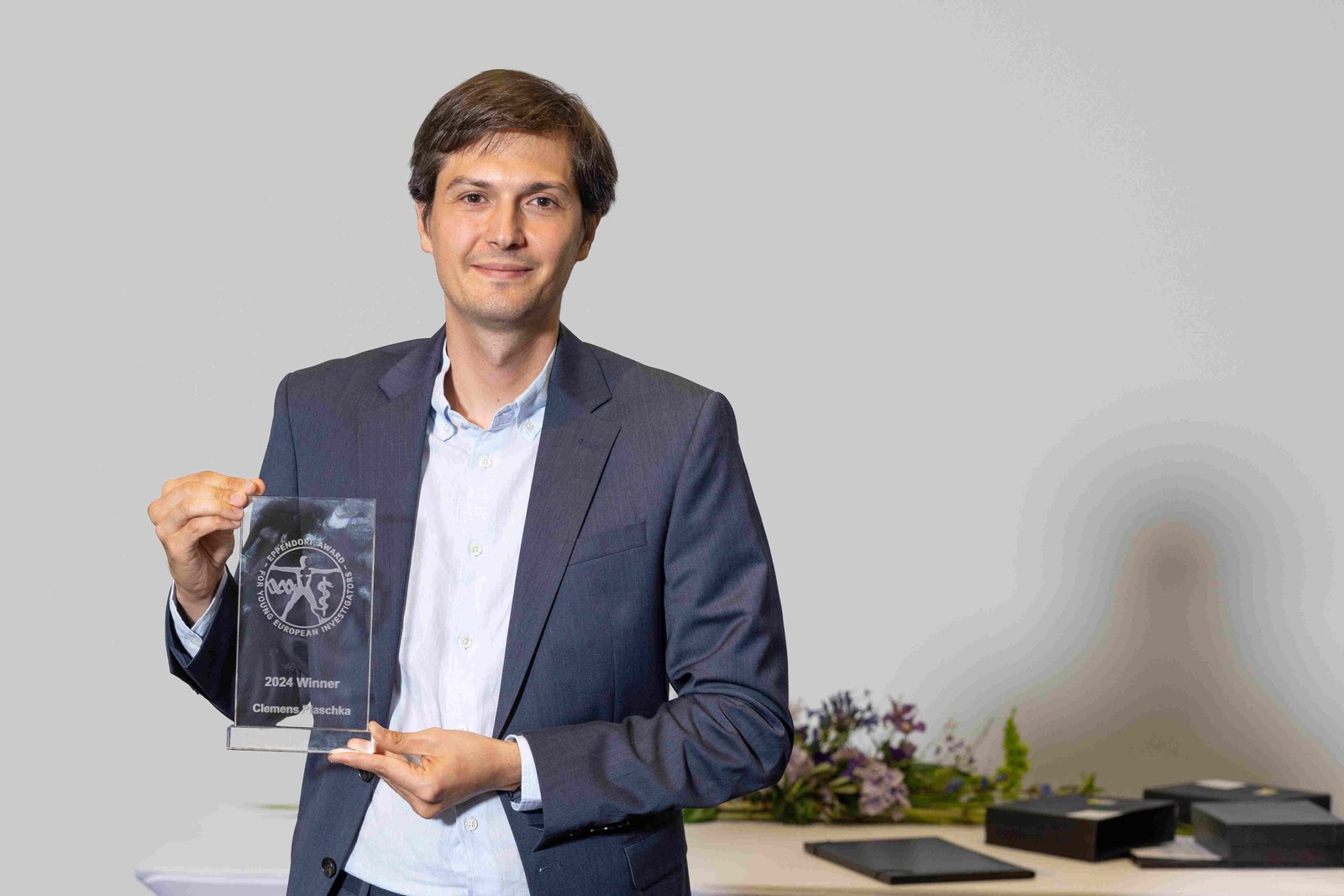
This year, the Hamburg based life sicences company Eppendorf SE is awarding its prestigious research prize for the 29th time. The independent jury chaired by Prof. Laura Machesky, Cambridge, UK, selected Dr. Clemens Plaschka, IMP - Institute of Molecular Pathology, Vienna, Austria as the winner of the Eppendorf Award for Young European Investigators 2024.
Clemens Plaschka, born 1989, receives the 20,000 euro award for his research on the molecular machines that generate and export messenger RNA. The award is given in recognition of his ground-breaking discoveries revealing the mechanisms by which messenger RNA is produced and matured. mRNA production involves multiple complex cellular machines that process and guide the maturation and ultimate export of mRNA from the nucleus to the cytoplasm.
“Plaschka’s structural and mechanistic investigations have revealed fundamental insights into how cells express genes and his work has implications for human diseases involving mutations in core mRNA processing machines”, the judges said.
Clemens Plaschka: „I am absolutely delighted to receive the 2024 Eppendorf Award for Young European Investigators. This award is a special recognition for our highly motivated research team, whose efforts have made this possible. I am also very thankful for the exceptional support by the IMP and Boehringer Ingelheim, the ERC, our colleagues at the Vienna BioCenter and beyond, as well as my family. The award recognizes our contributions to reveal the structural mechanisms by which a human mRNA is made. Yet many questions remain. In the coming years, we look forward to further understanding the molecular processes that regulate how mRNA is made and destroyed.“
In addition to the winner of the Eppendorf Award 2024, two finalists were honored.
Irma Querques, Assistant Professor and Group Leader at the Max Perutz Laboratories at the University of Vienna is honored for her work on engineering new strategies for transposon-mediated genetic manipulation and on-revealing the structural basis for CRISPR-associated transposition. "Querques' work not only uncovers new mechanistic insight into how these mobile units enable site-specific insertion, but also provide new programmable strategies for targeted genetic modifications," said the jury.
Phong Nguyen, PostDoc at the Hubrecht Institute in Utrecht, is honored for his research on the molecular and cellular mechanisms underlying heart regeneration. He discovered a detailed sequence of molecular events that controls the disassembly and re-assembly of structural elements in the heart muscle, which allows the cells to proliferate and functionally re-integrate into the injured heart. The jury noted that his discovery provides fundamental insight into the biology of tissue regeneration and identified new targets for future therapeutic approaches to heart injury.
The Award Ceremony took place on June 27, 2024 at the Advanced Training Center of the European Molecular Biology Laboratory (EMBL) in Heidelberg, Germany.
Further information on application modalities, selection criteria and previous winners of the Eppendorf Award for Young European Investigators can be found at
www.eppendorf.com/award.
With the Eppendorf Award for Young European Investigators, which was established in 1995, Eppendorf SE honors outstanding work in biomedical research and supports young scientists in Europe up to the age of 35. The Eppendorf Award is presented in partnership with the scientific journal Nature. The Award winner is selected by an independent committee composed of Laura Machesky (University of Cambridge, UK), Sadaf Farooqi (Wellcome-MRC Institute of Metabolic Science, Cambridge, UK), Madeline Lancaster (MRC Laboratory of Molecular Biology, Cambridge, UK), Ben Lehner ((Wellcome Sanger Institute, Cambridge, UK; Center for Genomic Regulation PRBB, Barcelona, Spanien), Stefan Raunser (Max-Planck Institut für Molekulare Physiologie, Dortmund) und Michael Sixt (Institute of Science and Technology Austria ISTA, Klosterneuburg, Austria).


